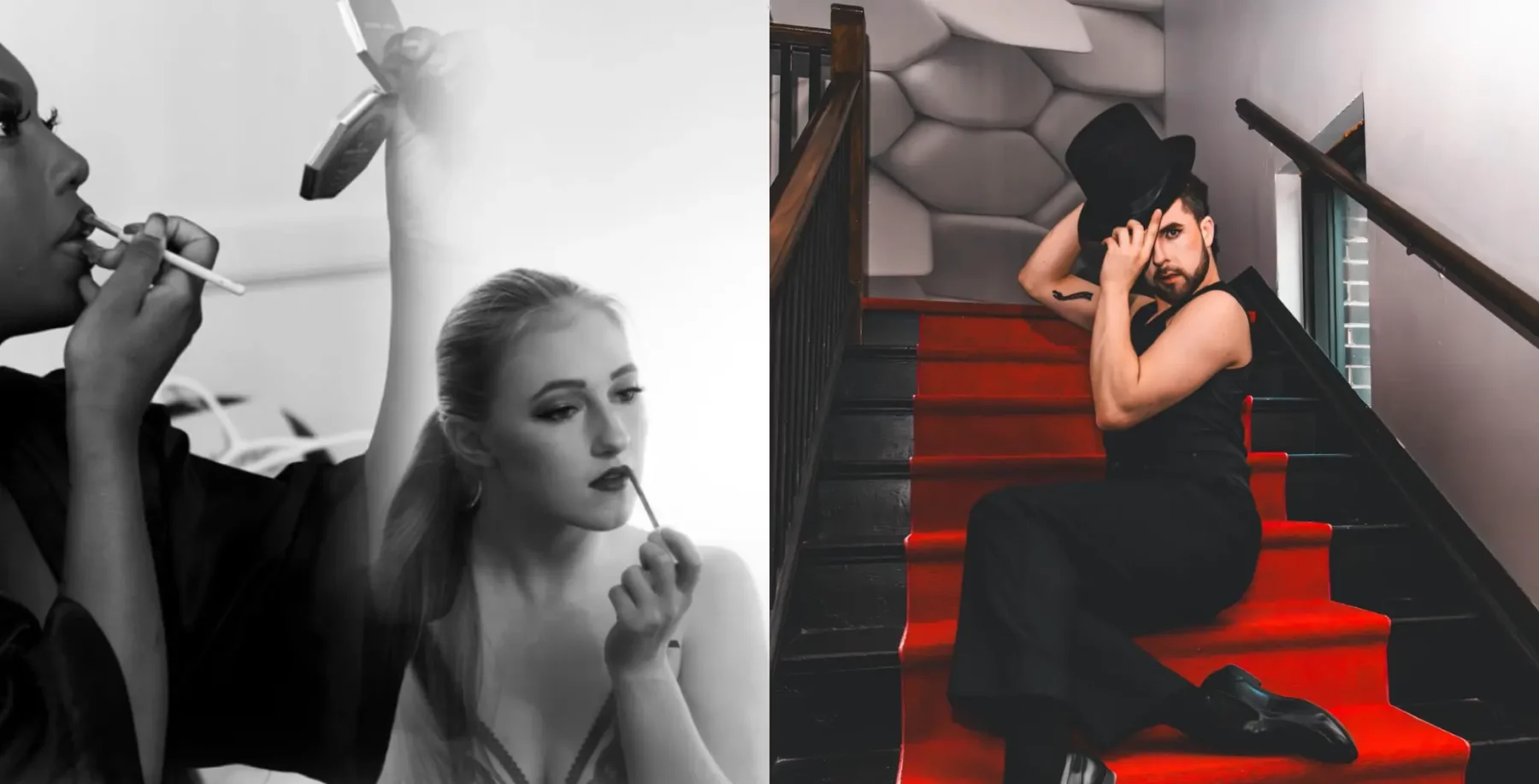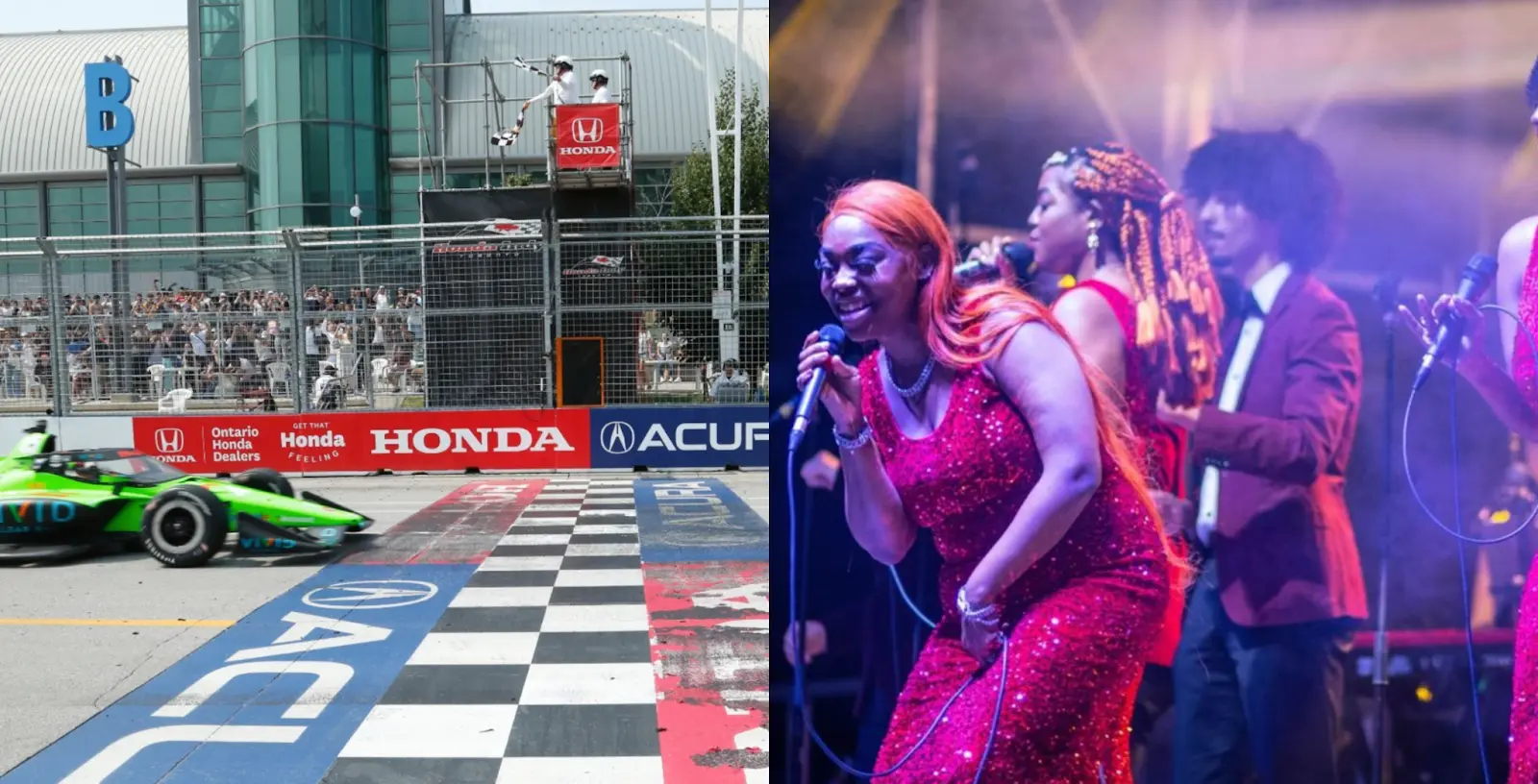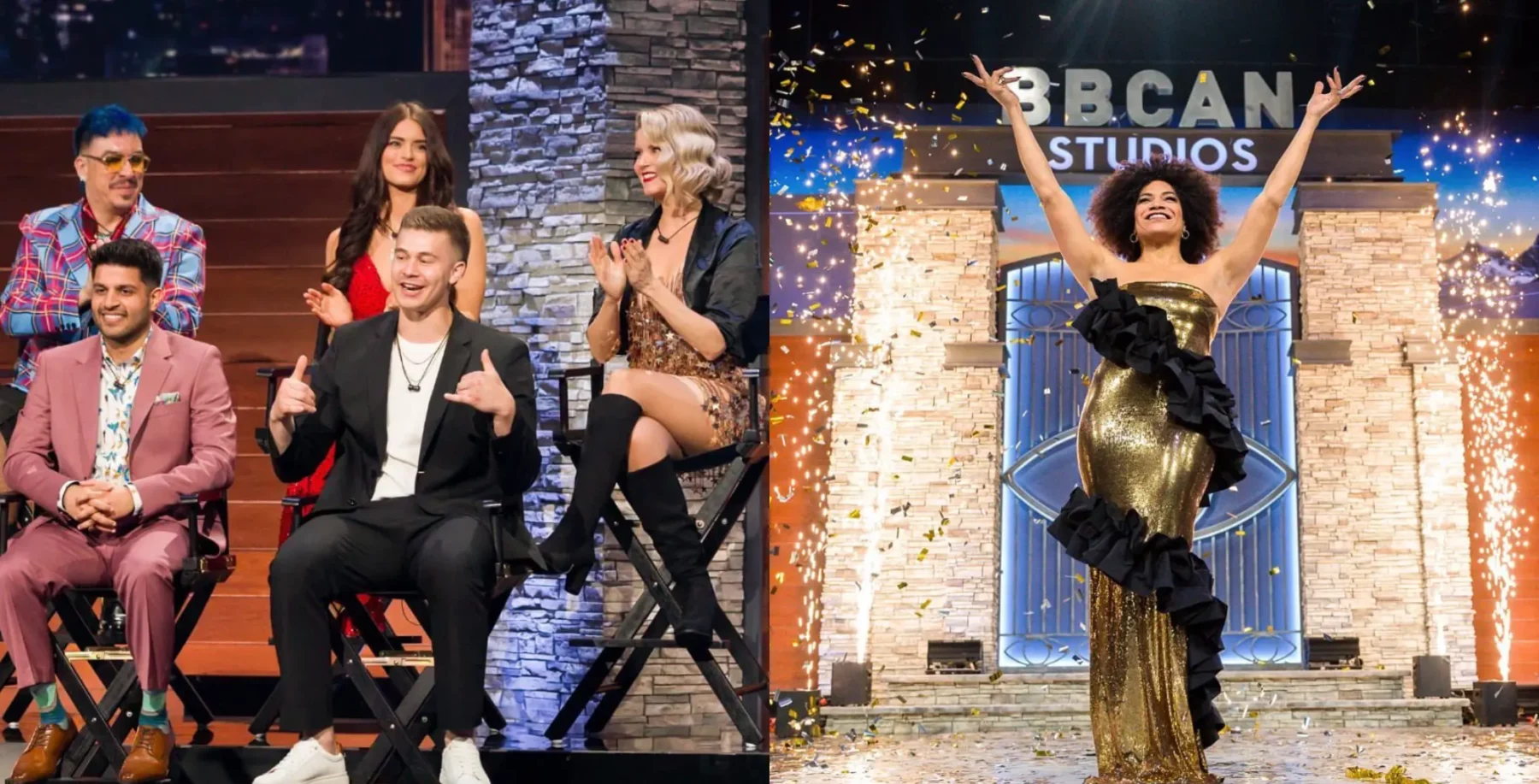
Canada’s largest 2SLGBTQ+ film festival, Inside Out, kicks off this week celebrating all things queer film.
The event will take over the TIFF Lightbox from May 24 to June 1, showcasing 106 different projects produced in 25 different countries, including 30 feature films.
INSIDE OUT 2024 HIGHLIGHTS
The opening night of the festival will include a showing of Megan Park’s film My Old Ass. The queer comedy premiered at Sundance Film Festival earlier this year and stars actors Aubrey Plaza, Maisy Stella and Maddie Ziegler, telling the story of a woman who is warned against falling in love by none other than her future self.
The closing gala will feature the Canadian premiere of Karen Knox’s We Forgot To Break Up, based on the book Heidegger Stairwell, by Canadian author Kayt Burgess. The movie follows a group of friends who leave their hometown to chase their dreams of becoming rock stars in a big city.
This year’s RE: Focus Gala selection will see the world premiere of the movie Sisters, from Canadian writer-director Susie Yankou. Sisters tells the story of two best friends who wish they were sisters before one of them discovers she does indeed have a sister of her own.
Meanwhile, this year’s Centerpiece Gala will feature the Canadian premiere of Anthony Schatteman’s award-nominated feature Young Hearts. This love story follows the journey of two queer teenagers realizing their truth and falling in love.
You can view the full program for this year’s festival and purchase tickets here.
FOR THE 2SLGBTQ+ COMMUNITY, BY THE 2SLGBTQ+ COMMUNITY
So, what sets this iconic festival apart from other film fests? For one, it’s for the 2SLGBTQ+ community, by the 2SLGBTQ+ community.
“We exist to challenge attitudes and change lives through queer film,” Inside Out’s Co-Head and Executive Director Elie Chivi told Queer & Now.
“Not only do we exhibit film, but we do a lot of work behind the scenes on the industry side to foster and nurture the careers of filmmakers from script to screen through our year-round programming as well,” Chivi explained, adding that the organization facilitates other events and programs throughout the year that support queer film, including at the Toronto International Film Festival that graces the city every September.
“From a queer filmmaker perspective, we post sponsor films that are in the program that are meant for queer audiences. We do partner with them quite a bit, but we call ourselves like TIFF’s gay cousin.”
Andrew Murphy, festival co-head and artistic director, explained that when the festival had its debut 34 years ago, there was a major lack of queer safe spaces in Toronto, something that Inside Out has provided over the past three decades.
“There weren’t proper dedicated spaces for queer folks to see their art or to feel safe watching a queer film. And it was rare to get something [with queer themes] released in mainstream cinemas.”
Fast forward to modern day, in a Toronto with many queer bars and a plethora of other 2SLGBTQ+ spaces both within and outside of the city’s Church and Wellesley Village, Murphy explained that there is no doubt that the festival is still an important space.
“Access for us is really important too. Someone may not be able to get access at a larger festival… to see their stories on screen. So, we dedicate the space and try to make it, you know, as accessible as possible,” Murphy told Queer & Now, adding that it’s more than just a party.
“And I think a festival like ours can be a celebration, but also a good reminder that there’s still a lot of work to do outside of North America.”
Chivi also shared his perspective as someone who moved to Canada from the Middle East.
“I can assure you that the conversations that we’re having on screen, here at the festival, or in other similar festivals in big metropolitan cities in North America and Europe… we’re barely scratching the surface on the other side of the world in terms of our rights that we have, let alone representation on screen.”
“So, I think there is a lot of power in continuing to take [up] space.”












